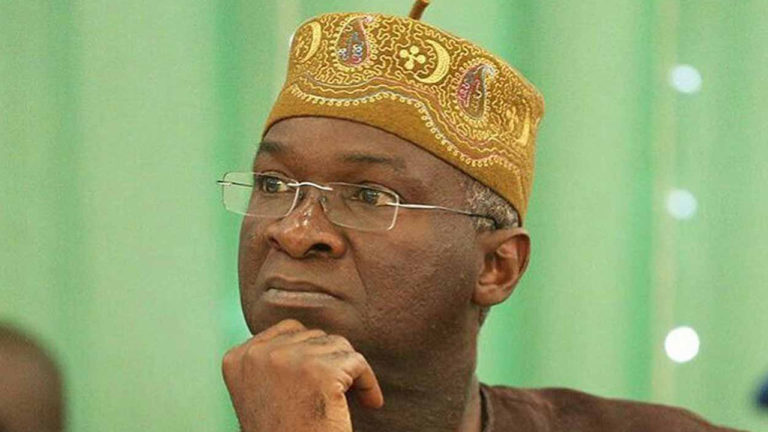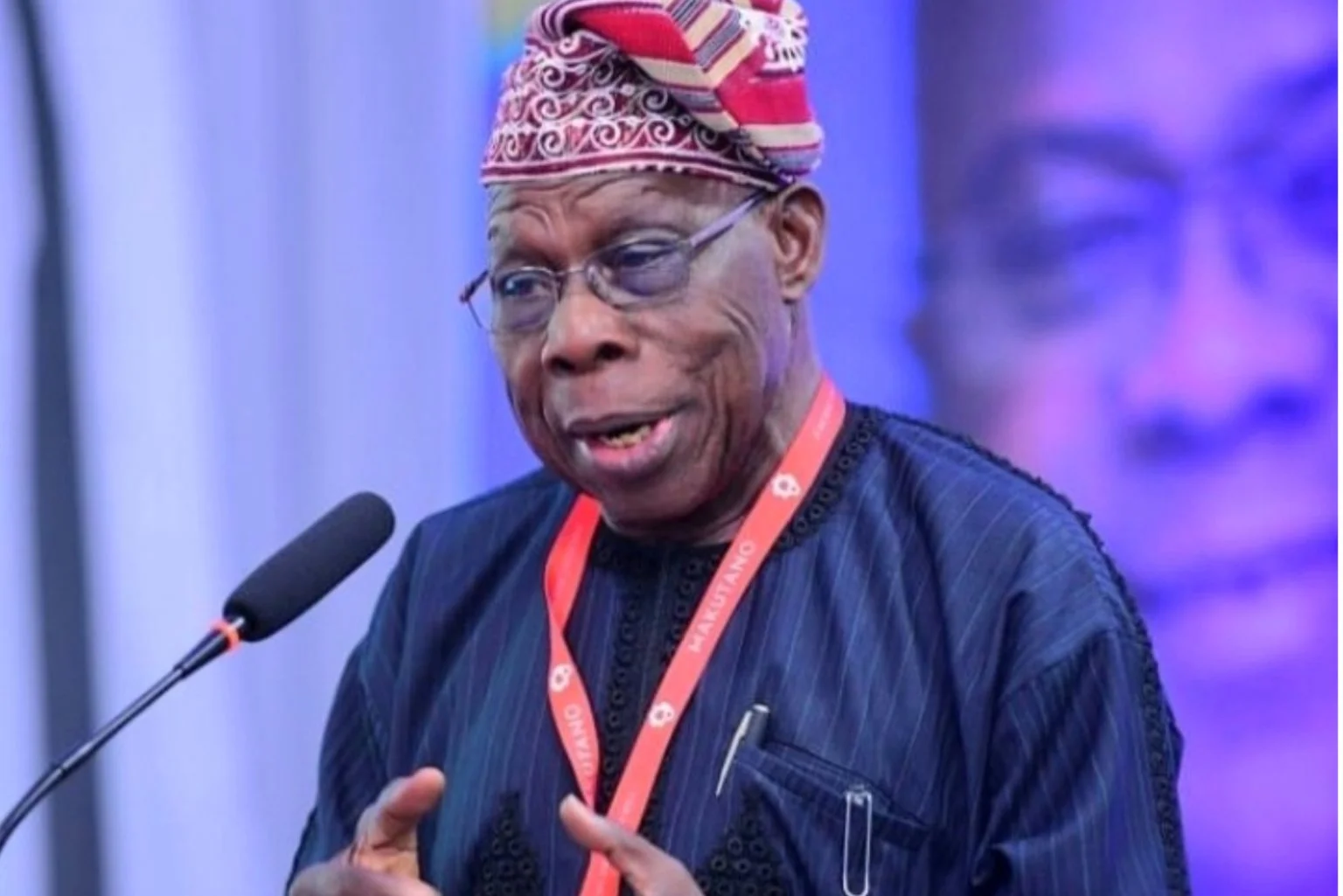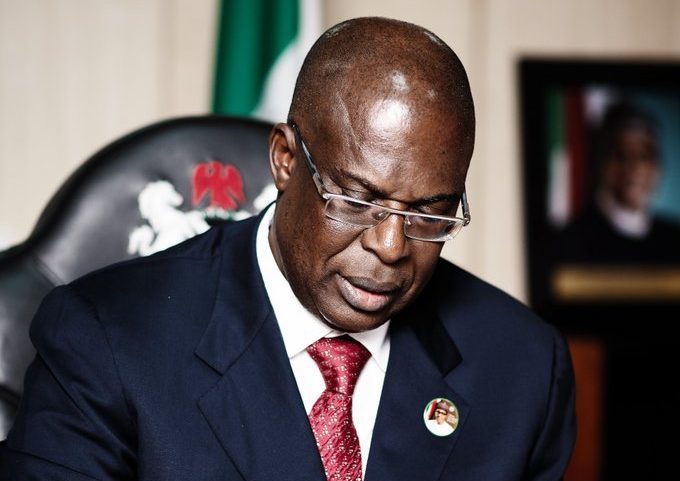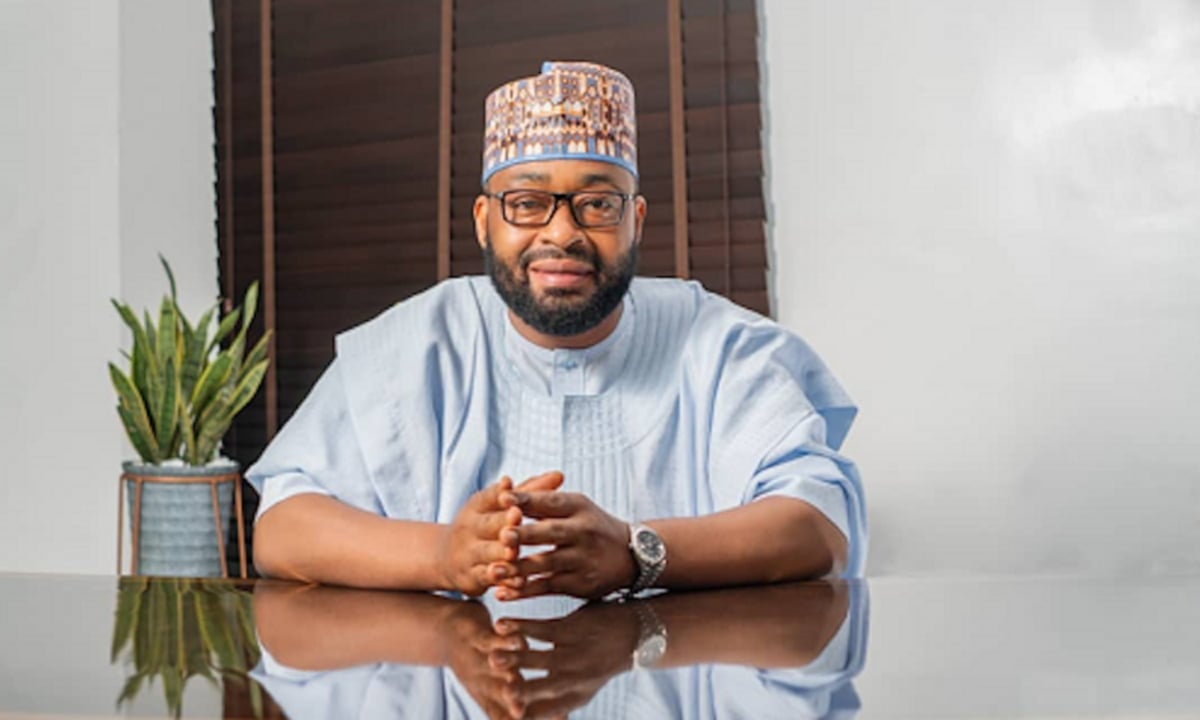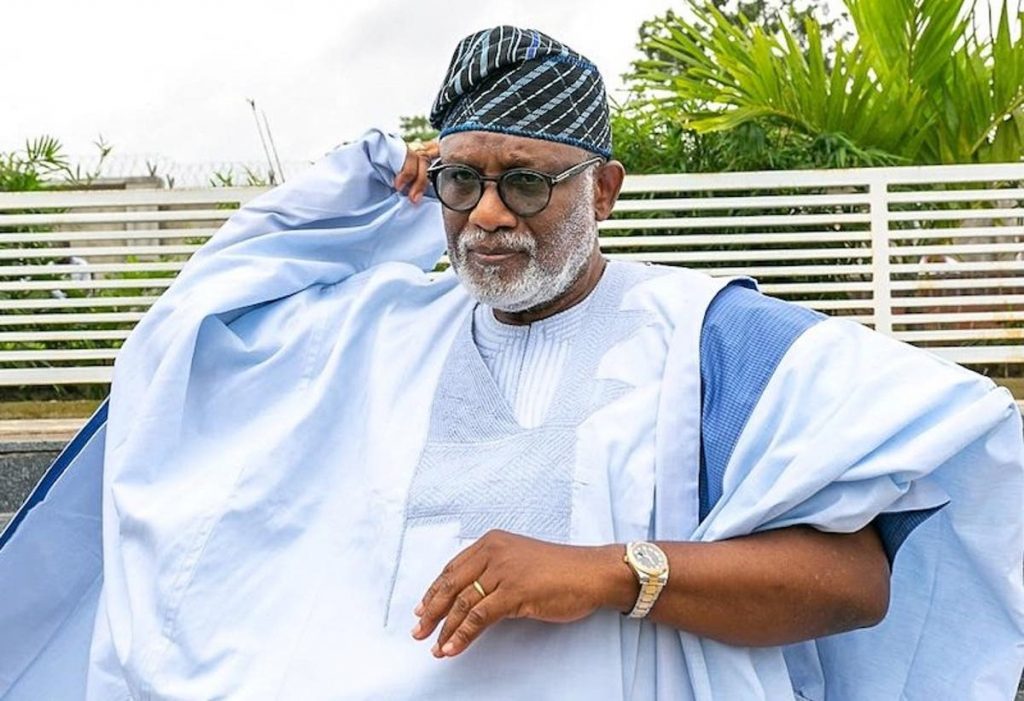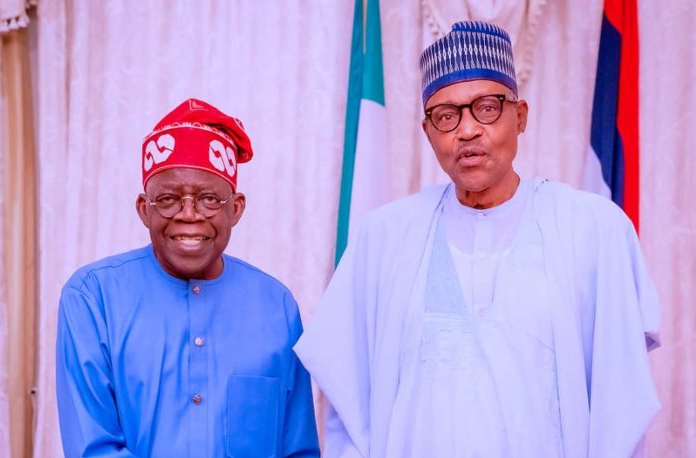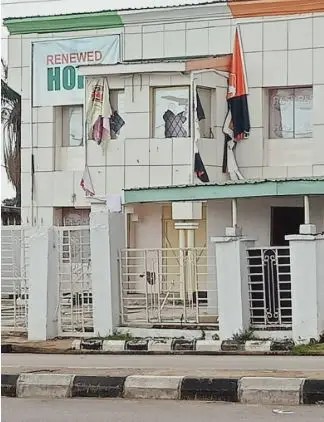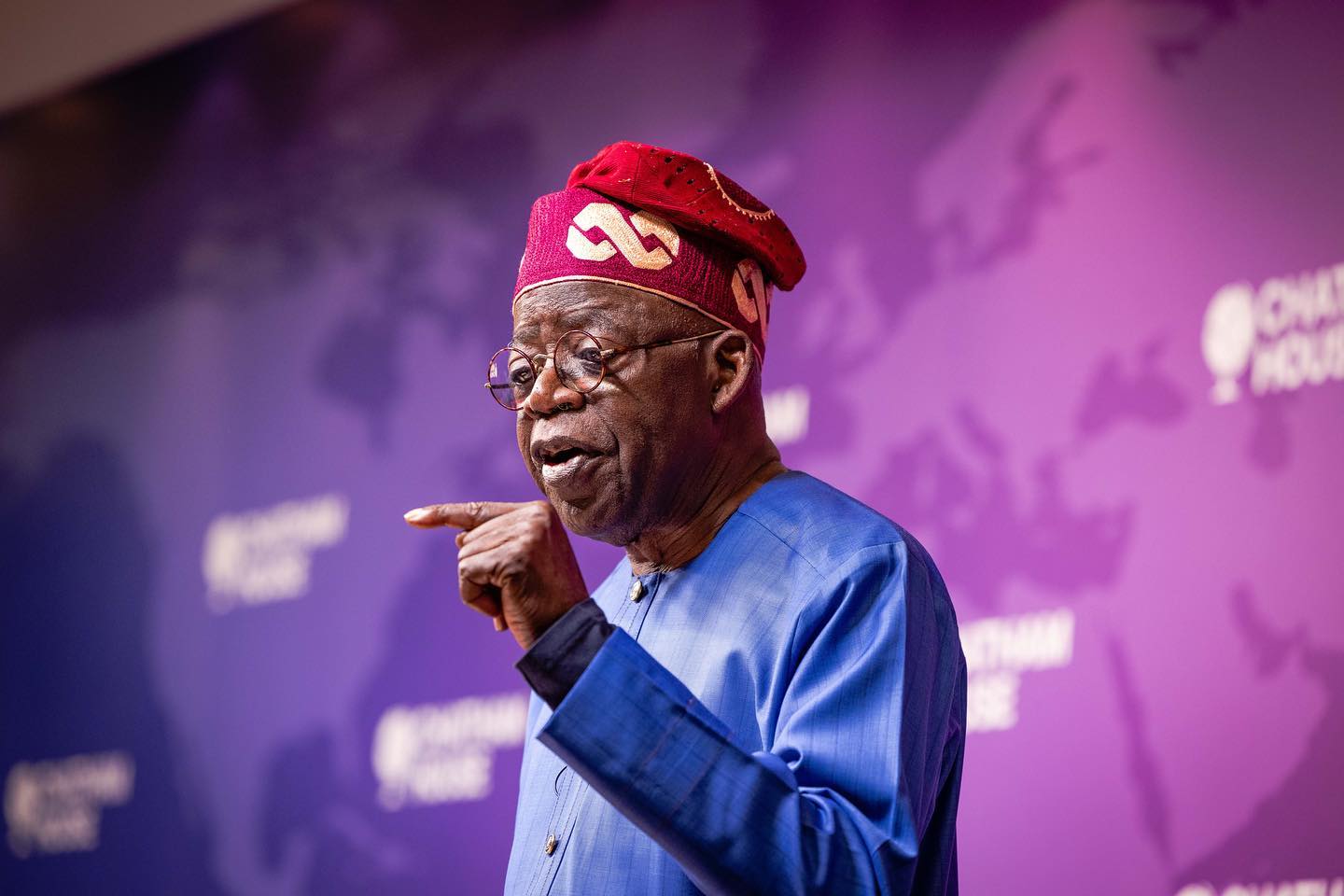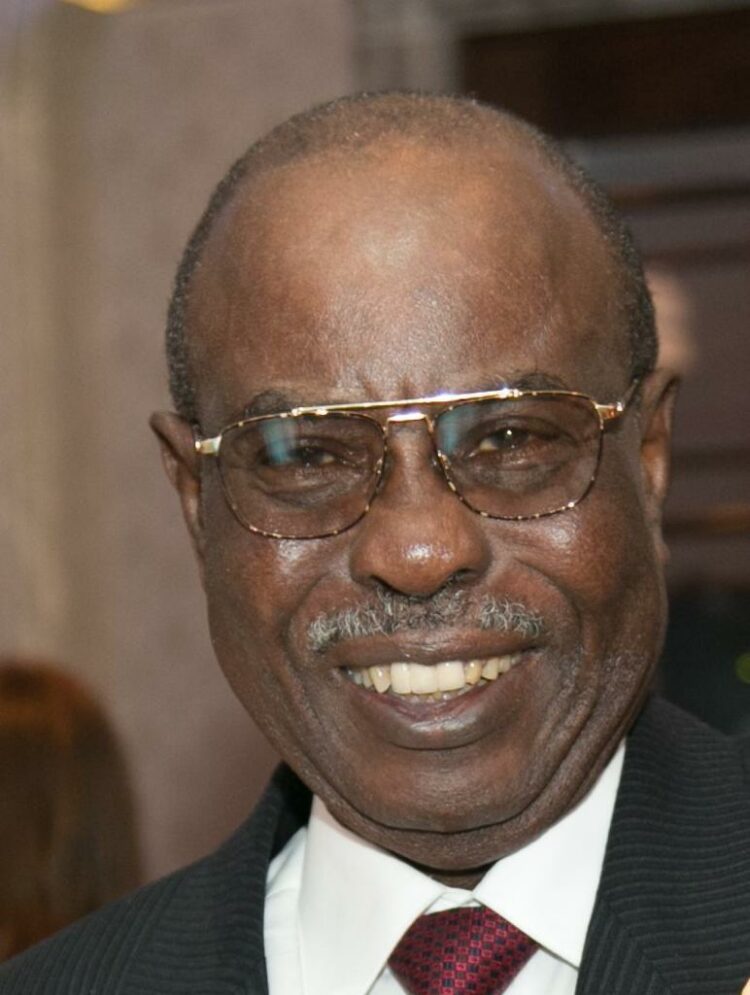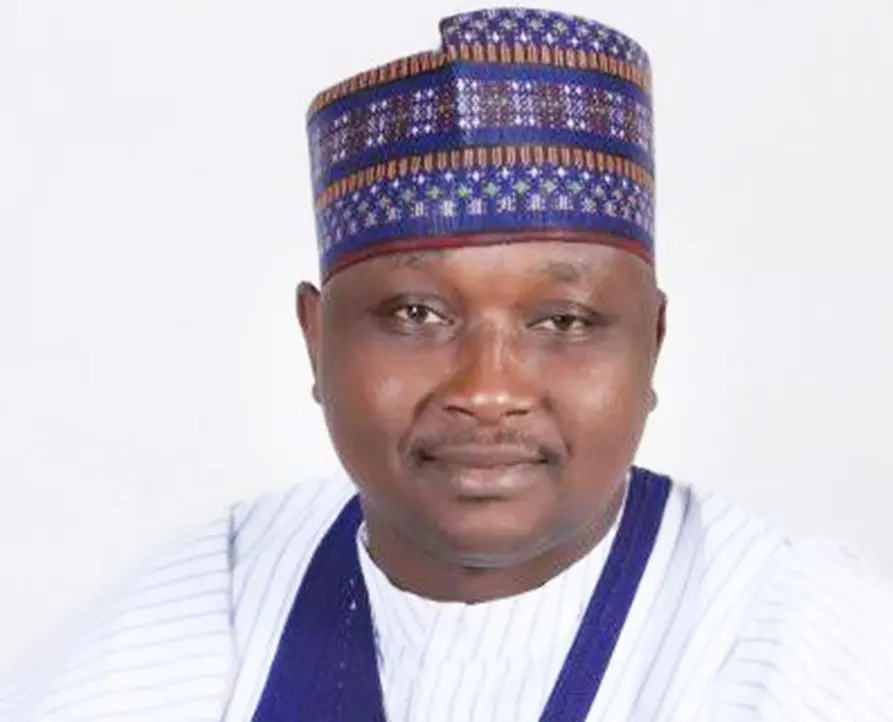Minister of Works and Housing, Babatunde Raji Fashola said many Nigerian presidents are loved by citizens only when they are no longer alive.
Fashola blamed this on the poor understanding of the powers of a president.
He also said lack of proper interaction between the president and citizens was responsible Nigerians not loving their presidents while alive.
The former Governor of Lagos State spoke as a guest speaker at the Yoruba Tennis Club public lecture, with the theme, ‘What can the President do for me?’
Read Also: Fashola Bemoans Damage To Nigerian Roads By Trucks
He said, ‘Some say the office of the Vice President is just a spare tyre, but the statement is not factual, and that the VP has no power of his own is a lack of knowledge of the constitution.
‘If you go through the constitution, you will find out that the office of the president is referred to 48 times. 23 instances refer to the power the President can exercise, nine of those powers are subject to the National Assembly, four instances refers to powers exercised by the president subject to other institutions, nine instances refer to the President function and duty, three instances refers to restrictions on the power of the President so, how is Nigerian President the most powerful in the world? So, some are conflicting the power of the president with the function of the President which is misleading.
‘Some youths demanded during the EndSARS protest that the president should sack the IGP, but I educated them that the president has no such power and that the only power he has in that regard is to give lawful direction.
‘Of all the President we have had, Nigerians never loved any one of them while in office, we seem to love them after they have left or died, why is that so, to me, the answer is lack of depth in interaction.
‘Nigerians are not sufficiently familiar with the constitution and the role of which offices are expected to play. It seems to me that we are expecting the right thing from the wrong place. I can’t ask the chairman of the Yoruba Tennis Club to do for me the responsibility of the secretary of the club.
‘I carried out a research and what Nigerians expectations are and they I discovered the major issues are in security, education, healthcare, transportation, water supply, employment, housing and electricity. Do they approximate to the function of the president?
‘So, in understanding what the president can do, we must bear in mind the nature of our political arrangement. The president as the head of the country leads the executive arm of the federal government but that federal government is made up of two other arms. Power is shared between the Chairman of the local government and the state governor on the executive side. On the legislative side power is shared between the senators, House of Representatives members. Primary Education and Primary healthcare are not functions of the federal government, they are the duty of the local government.
‘It is the people of Nigeria, rather than one man who truly have the power and responsibility for our affairs so, let’s talk about electricity. In 2013, the Federal Government privatized its own side of the electricity so, what is happening at the state level on electricity should not be directed to the President because it’s the responsibility of the governor of the states, also ask the state house of Assembly what they plan to do about it because they have the power to make the law for generation, transmission and distribution. It’s also the responsibility of the state that we have water.’
Fashola is the former Governor of Lagos State.

